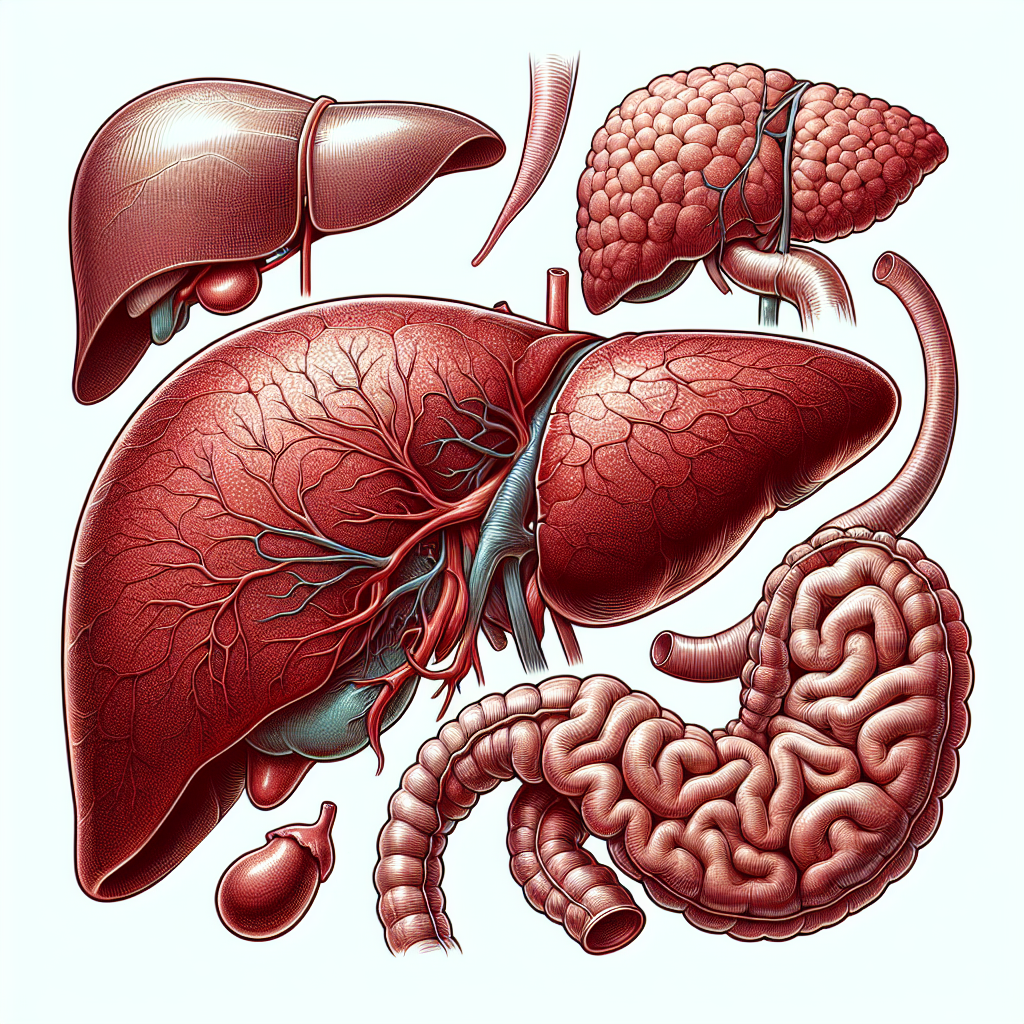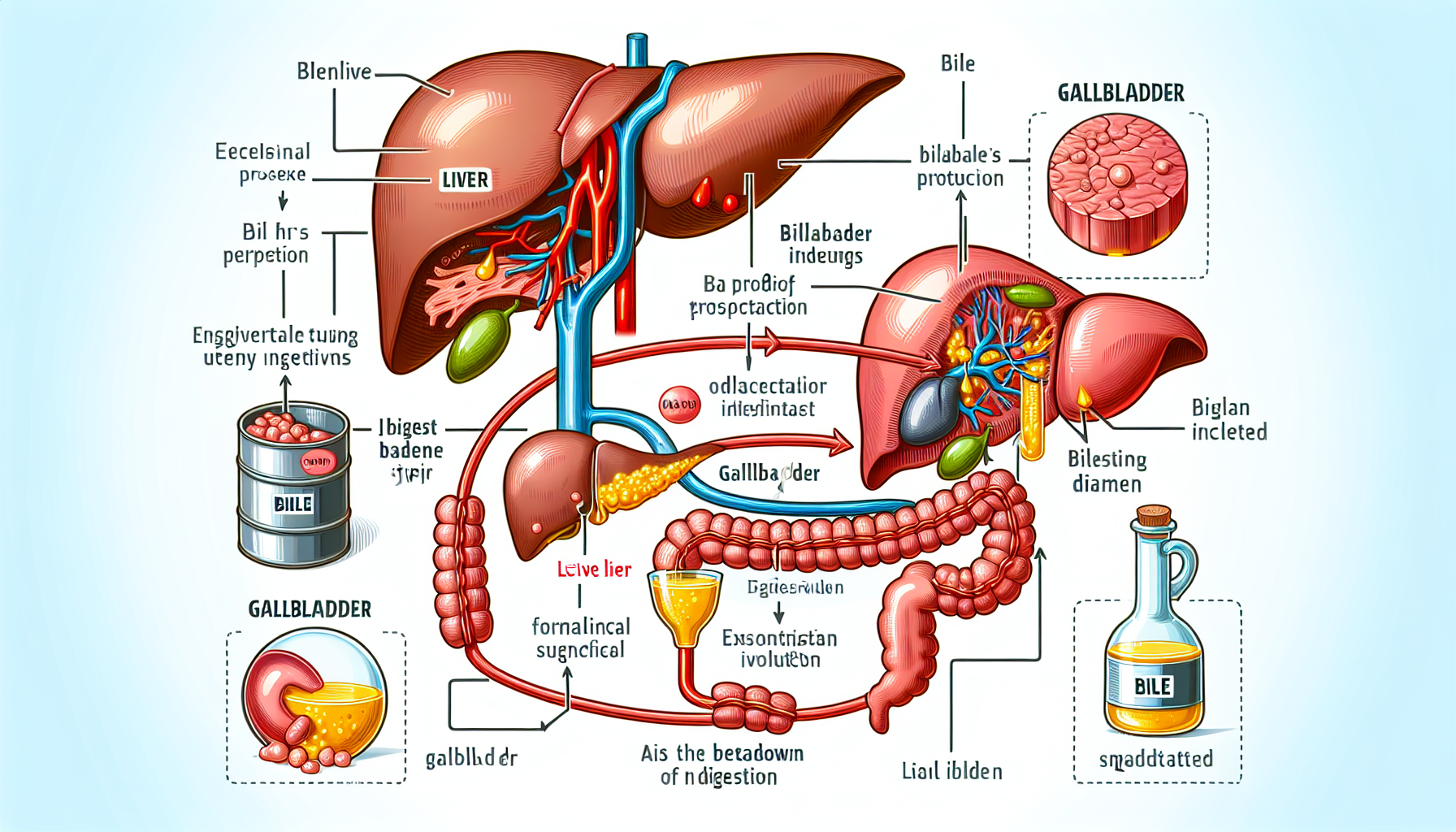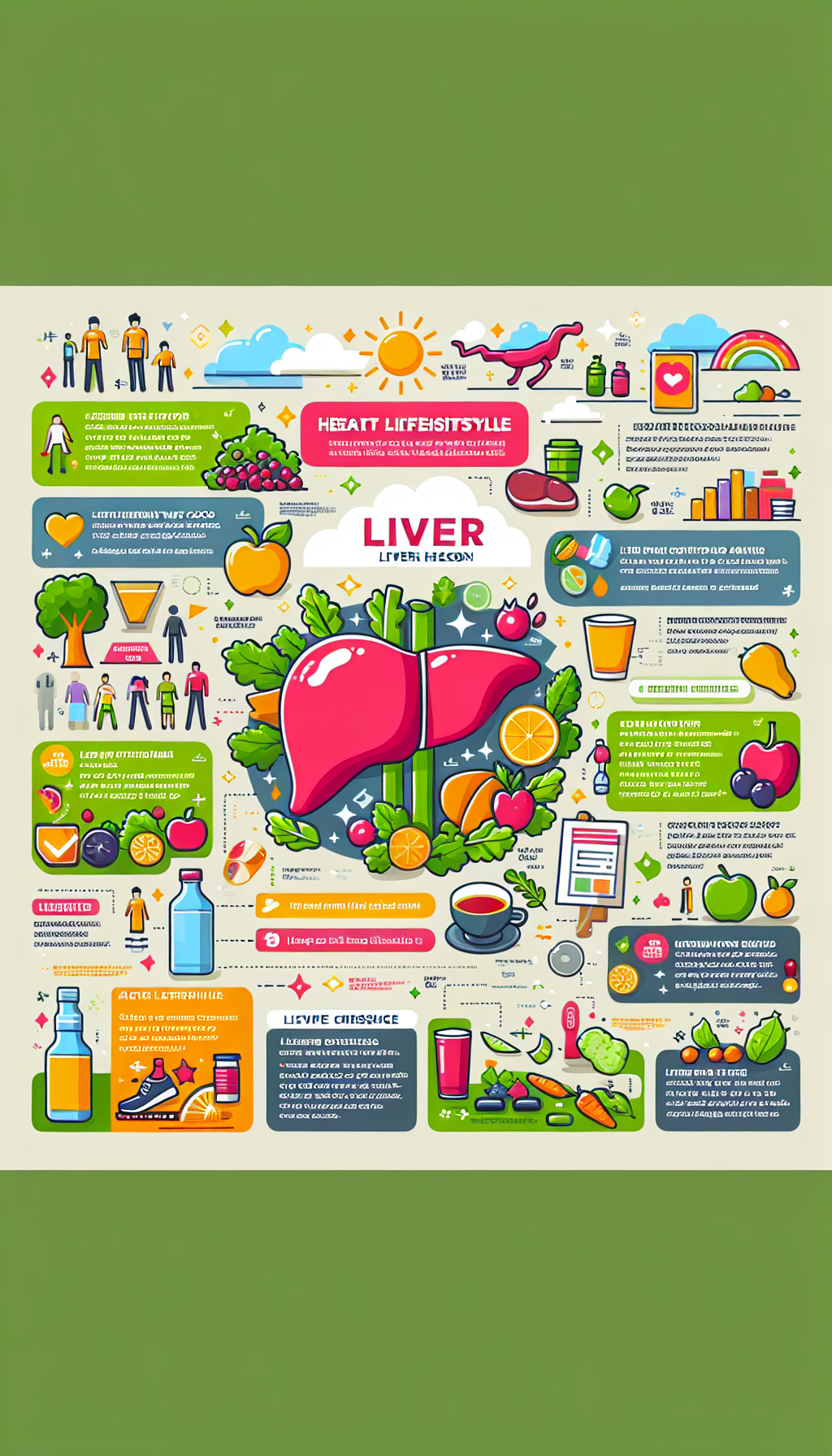The liver, often overshadowed by the more commonly discussed heart and brain, is a vital organ that plays a crucial role in digestion and overall health. As the body’s second-largest organ, it serves as a processing plant for the nutrients we consume, a detoxifier for the blood, and a producer of essential proteins. Understanding how to maintain a healthy liver is key for ensuring its proper function and, consequently, our digestive wellness.
The Liver’s Role in Digestion
The liver’s primary role in digestion is the production of bile, a substance that helps break down fats into fatty acids, which can be taken into the body by the digestive tract. Bile is stored in the gallbladder and, when needed, is released into the small intestine. This process is essential for the absorption of fat-soluble vitamins, including vitamins A, D, E, and K.
Moreover, the liver processes nutrients absorbed from the small intestine, converting them into forms that the rest of the body can use. For instance, the liver can store glucose as glycogen or convert certain amino acids into energy. Maintaining a healthy liver function is therefore crucial for managing energy levels and metabolic balance.
For more detailed insights into the digestive process, consider reading about Understanding the Digestive System and Its Functions.
Detoxification and Metabolism
Another critical function of the liver is detoxifying the blood by breaking down and removing harmful substances, including alcohol, drugs, and environmental toxins. This detoxification ensures that these toxins do not accumulate and cause damage to other organs, including the brain and heart. The liver’s ability to convert ammonia—a byproduct of protein metabolism—into urea, which is then excreted in urine, is another testament to its role in maintaining a balanced internal environment.
For further information on how the liver aids in detoxification, Natural Supplements for Boosting Digestive Health offers valuable insights.
Liver Diseases and Digestive Health
Liver diseases, such as hepatitis, fatty liver disease, and cirrhosis, can severely impair the liver’s ability to function correctly, leading to digestive problems and malnutrition. Symptoms may include nausea, vomiting, abdominal pain, and jaundice. Chronic liver diseases can also lead to complications such as varices, ascites, and liver cancer.
To learn more about how chronic conditions affect the liver and digestion, the article on Understanding the Effects of Chronic Liver Disease on Digestion is highly informative.
Lifestyle and Diet for Liver Health
A healthy diet and lifestyle are paramount for liver health. Consuming a balanced diet rich in fruits, vegetables, lean protein, and whole grains can support liver function. It’s equally important to limit the intake of alcohol, as excessive consumption can lead to liver inflammation and scarring.
Regular exercise also contributes to liver health by helping to manage body weight and reduce fat accumulation in the liver, a risk factor for non-alcoholic fatty liver disease. Maintaining a healthy weight through diet and Fitness can thus be considered a preventive strategy against liver diseases.
External Resources for Liver Health
Several high-quality, niche resources provide excellent information on liver health. For an in-depth look at liver function tests and what the results mean for your health, Lab Tests Online’s resource on liver panel testing is invaluable.
Those interested in the dietary aspect can explore The American Liver Foundation’s nutrition guide, which offers tailored advice for liver health maintenance.
For those seeking information on the impact of exercise on liver health, a visit to The Hepatitis Foundation’s exercise recommendations can be enlightening.
Liver Health Supplements
In addition to a balanced diet and lifestyle, certain supplements may support liver health. Milk thistle, for example, is widely recognized for its potential liver-protective effects. Omega-3 fatty acids, found in fish oil, have been shown to reduce liver fat and inflammation in those with non-alcoholic fatty liver disease. However, it’s essential to approach supplementation with caution and seek advice from a healthcare professional, especially when considering the Medication & Supplements available for liver health.
Monitoring Liver Health
Regular medical check-ups that include liver function tests are critical for early detection of liver issues. These tests monitor enzymes, proteins, and substances that indicate how well your liver is performing its functions. Abnormal results may prompt further investigation to rule out liver disease or other health issues.
Conclusion
The liver is an indispensable organ that plays a multifaceted role in digestion and overall health. Its functions are wide-reaching, from nutrient metabolism and detoxification to bile production and protein synthesis. Ensuring its health through a balanced diet, regular exercise, and routine medical check-ups is essential for preventing liver diseases and maintaining a well-functioning digestive system.
For those who wish to delve even deeper into the world of digestive health, the comprehensive resource on Digestive Health is a must-read.



